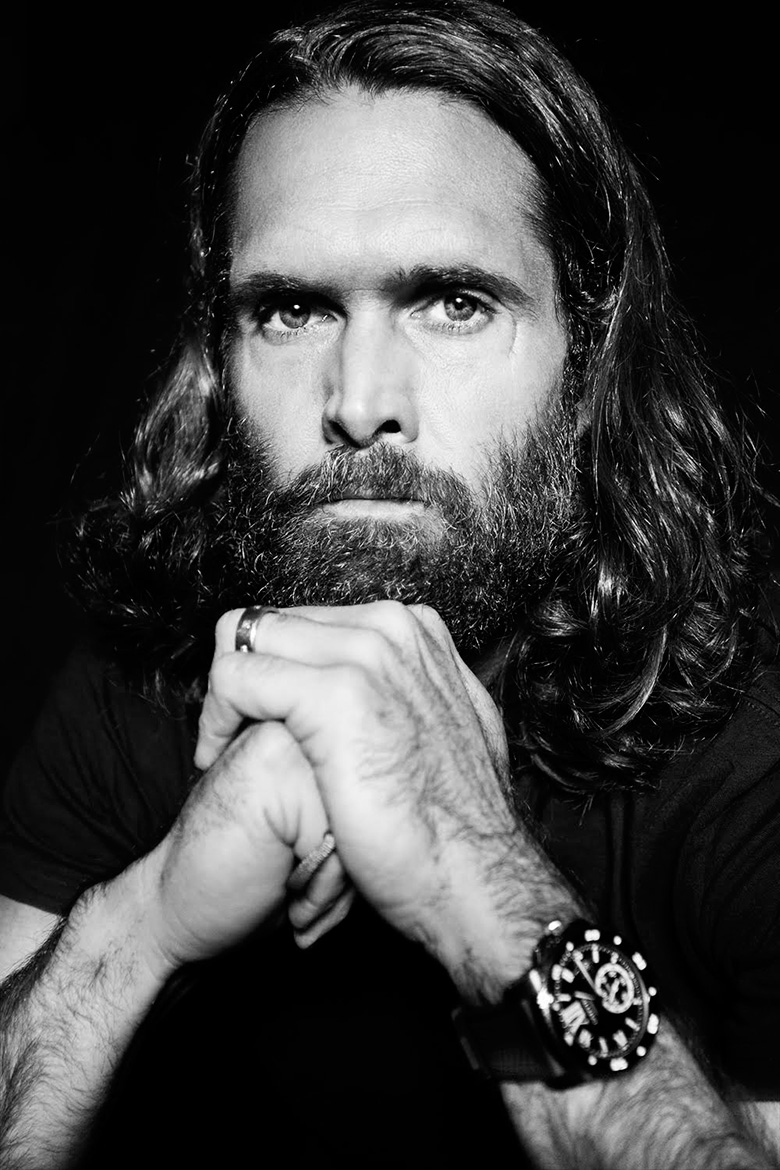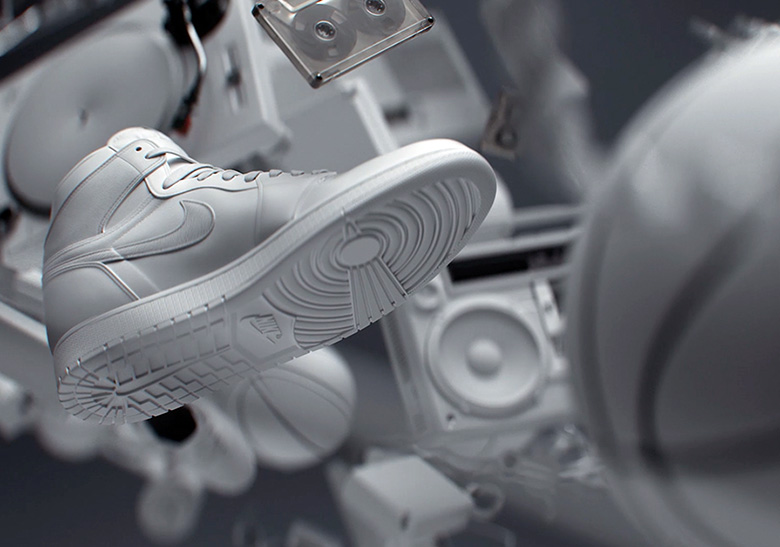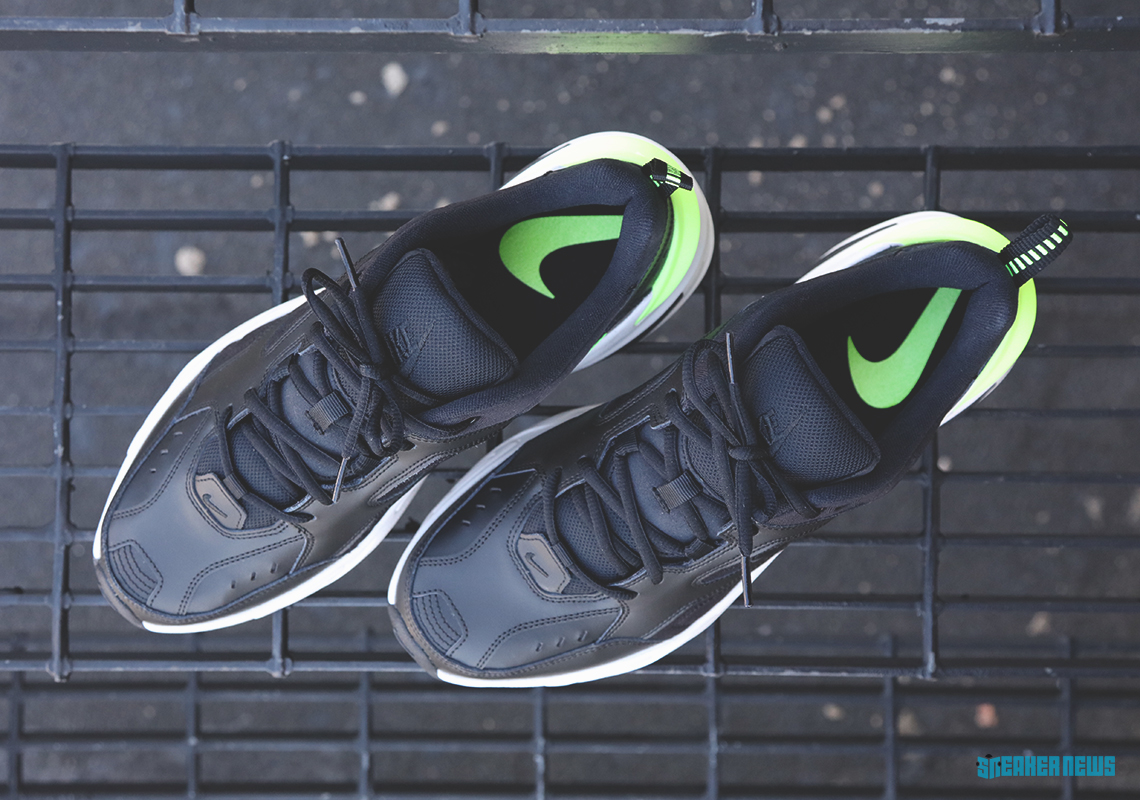Tomorrow, Unbanned: The Legend Of AJ1 will see its world premiere at the Beacon Theater in New York City’s Upper West Side as part of this year’s Tribeca Film Festival. Prior to its debut, we caught up with the film’s creator Dexton Deboree, co-founder of the creative agency Los York and self-proclaimed sneaker fan, to discuss the mission behind the making of this film. Deboree, who spent over two years completing this documentary, opens up about some of the surprising discoveries of his investigation, Jordan Brand’s involvement, and the lasting legacy he wishes to leave. See our interview with Dexton below and if you’re looking to check out the flick this weekend, get your tickets here.
Sneaker News: One question that many people may be asking: Why make a documentary on the Air Jordan 1?
Dexton Deboree: It’s pretty simple. I knew a lot about the shoe, and even knew a lot about the brand, having a close relationship with them for years. I kept hearing the zeitgeist around Jordan – the shoe and the brand, and for some people it’s about MJ and for some people it’s about the shoe. But none of that, to me, really landed as the ultimate point. I really wanted to know why there was such a global phenomenon, a religious affinity almost, for this shoe. I dove into the exploration of that, and I found it in the film.
SN: The Air Jordan 1 has been around for more than three decades and over that span of time, it may seem like the story of the shoe has already been told. What were some of the challenges in finding these stories that may not be known today?
Dexton: A lot of it fed off of it itself. I started with a list of obvious people that you would associate with the shoe and reached out to them, and they were happy to talk about it. And amidst those interviews, I would learn about a story or a person that I hadn’t heard of before, and it ended up just being these breadcrumbs and nuggets of information that I would follow up on, almost like investigating a story or a case. It would just lead to me to new people and new elements of the story, and it all just evolved and unfolded as I went.
SN: Were there any unexpected discoveries?
Dexton: Yeah, absolutely. I think my conversation with (former NBA commissioner) David Stern was shocking, hearing his take on events and then corroborating that with other people. His conviction over his side of the facts was steadfast and that was really powerful. Some of the stories that I heard from people that connected the shoes with their father, or to their own identity, or to their voice as an underprivileged or underserved person in the world. I didn’t go looking for that; that found me. And that feeds into why so many people have an affinity for this shoe. It’s symbolic meaning goes way beyond being just a pair of kicks.
SN: Was Jordan Brand involved in the making of this documentary?
Dexton: They were very supportive of the film. They blessed me doing it and granted me the rights to tell the story, and they put a lot of faith in me doing it properly. But they kept a distance from it and they wanted it to be an unbiased, journalistic perspective one it and they definitely took some balls on their part. But they put their faith in me and they’ve been really supportive.

Above: Dexton Deboree of Los York
SN: What’s your personal history with Air Jordans?
Dexton: I was a sneaker fan from way back. I started working with Jordan as a creative agency that did work for them way before the documentary was even started, and that really made me a scholar of not only the shoe, but also the brand and the history. Since I was a kid, I looked up to MJ as a heroic figure in my life, especially not having a strong father presence in my life, as did many young kids did. I know more about the shoe and its life – certainly more than I can fit into a 90-minute film.
SN: Do you feel storytelling in sneaker culture is dying? It has indeed been decades since the Air Jordan 1 first came to life and sneaker culture has evolved into consumer fetishism in some ways. It’s just about buying what’s hot and moving onto the next coveted release the following weekend. Are you trying to hit a reset button on the way sneakers are viewed?
Dexton: One thousand percent. You nailed it. I think that there’s lots of kids these days that are into sneakers largely because their friends are into it, or it’s hot, or it’s hard to get, or whatever myriad of reasons that they’re drawn to sneakers. I think part of the passion of sharing this story is that when you really take a look at the Air Jordan 1, and you learn the history of it and the influence the shoe had on social change and breaking racial and gender barriers, and influencing the sport of basketball. Not just having this “banned” thing and whether it’s a myth or not, or whatever the case may be. But actually changing the way the game is played and helping it to become a global sport that kids in China are playing and are crazy about. They weren’t crazy about it thirty-three years ago – it was a very very tertiary sport. Even looking at where fashion is at, and how it’s been influenced by sneaker culture, all of that was heavily influenced by the Air Jordan 1. And for people start to understand that and have a greater appreciation for it is important.
SN: What are some of the takeaways you want the younger generation to have from watching the film?
Dexton: I would want them to realize how the shoe became a symbol of hope, meaning, and identity for their parents or older siblings or the people that came before them. That’s a big deal. I think understanding the role the shoe played in hip-hop and how it influencid the forefathers. Some of these kids, unless they’re heavily into the history of hip-hop, may have not known that much about all the guys that came along and paved the way for what it is now. I think that’s a big takeaway that I hope people realize – the influence this shoe has had in fashion, entertainment, television, hip-hop.












